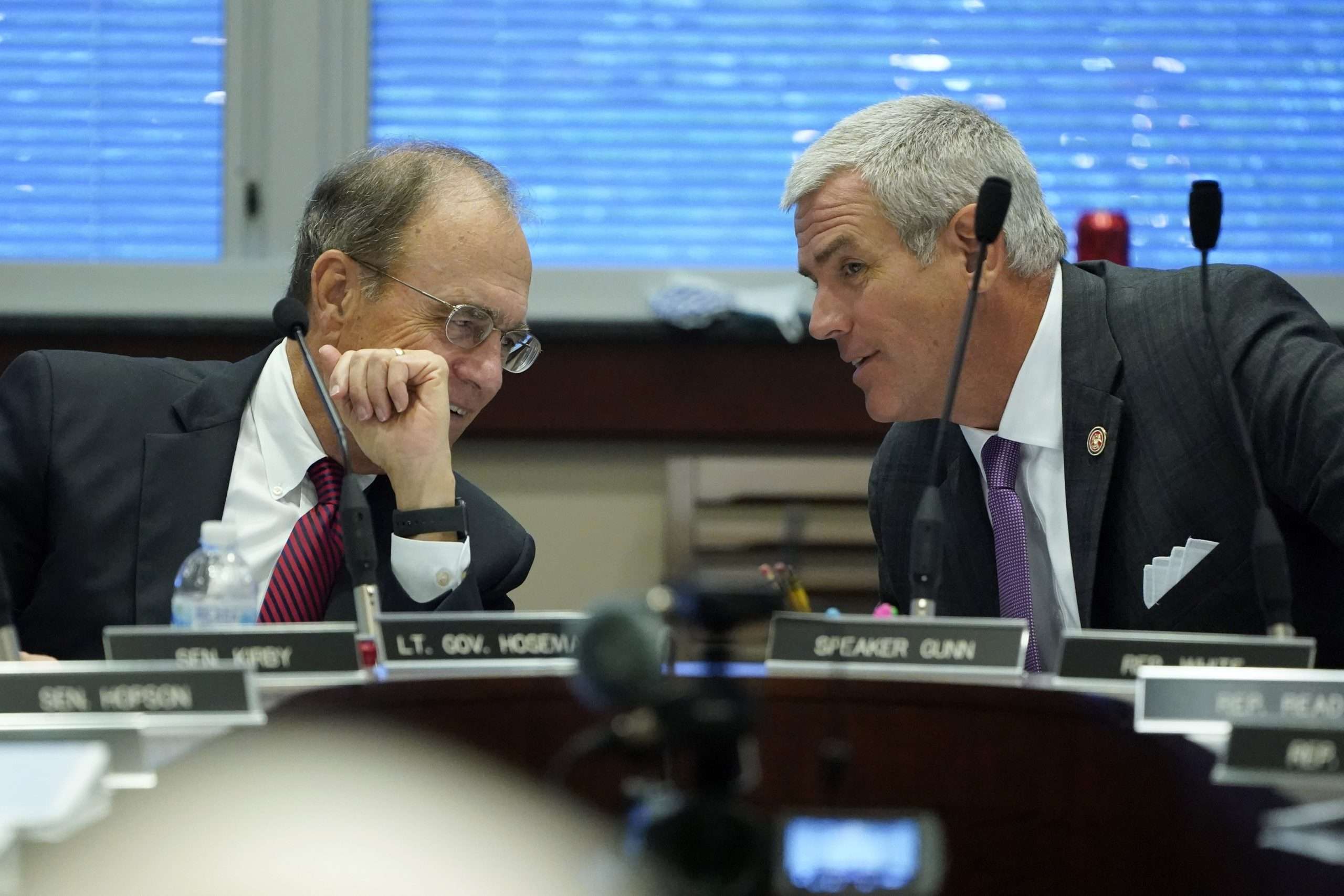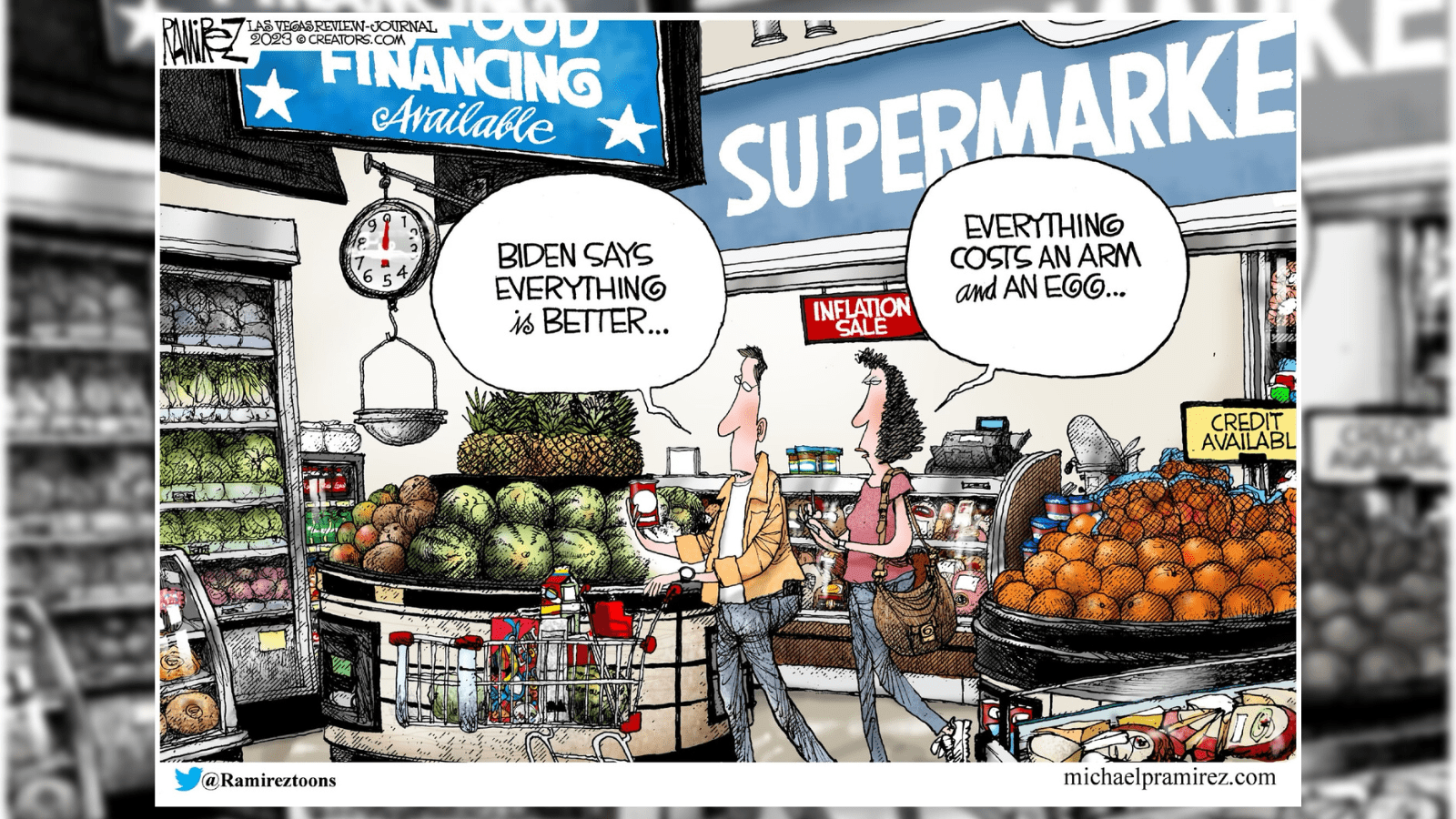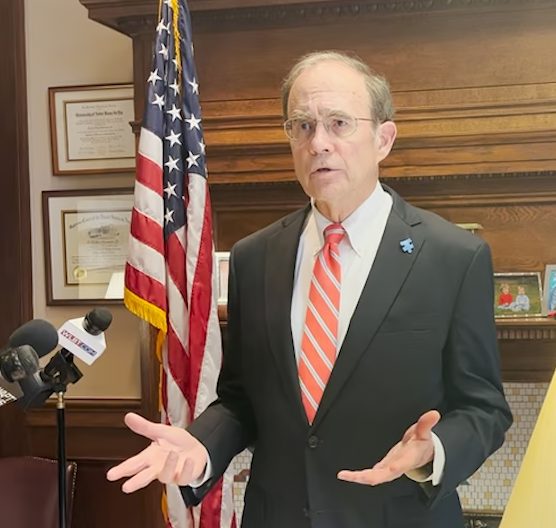
AP Photo/Rogelio V. Solis
House and Senate Analysis Side By Side
As the debate began in earnest in the early parts of the 2022 session, Mississippi House and Senate leaders scrambled to win the war of datapoints on their tax cut proposals.
Mississippi, flush with over a billion dollars in recurring revenues in excess of expected collections, has what many lawmakers have characterized as a “once in a lifetime” opportunity to “do something big” with regards to tax reform.
Both Senate and House leaders looked to State Economist Corey Miller to essentially have their proposals scored. Miller and his team use a relatively basic tool from Regional Economic Models, Inc. (REMI) called Tax-Pi which models fiscal impact of potential policy changes.
Senate Plan
The Senate plan calls to:
• Eliminate the 4% individual income tax bracket ($5,001 to $10,000 taxable income) by decreasing the rate 1.0 percentage point in each of the tax years 2022, 2023, 2024, and 2025
• Reduce the sales tax rate on groceries (non-prepared food) from 7% to 5% effective July 1, 2022
• Reduce total revenues collected by the state through taxes and/or fees for motor vehicles by $13,300,000 each fiscal year effective July 1, 2022
• Provide individual taxpayer rebates totaling $131,000,000 by end of FY2022
In terms of just the income tax relief component, eliminating the 4% bracket from $5-10K would be an annual savings of $200 per taxpayer.
The three page analysis provided by University Research Center uses Department of Revenue estimates from FY 22 as the baseline.
URC Analysis of Senate Tax 3.11.22 by yallpolitics on Scribd
House Plan
The House plan calls to:
• Increase personal income tax exemptions in tax year 2023 to $37,700 for individuals, $75,400 for married couples, and $36,600 for heads of households. The bill will increase these exemptions in subsequent tax years when general fund revenue exceeds the product of an inflation factor and $6,175,000,000, less the decrease in revenue from reductions in the sales tax on groceries. The exemptions will increase by these amounts when they occur until the individual income tax is effectively repealed.
• Increase the general sales and use tax rates from 7.0% to 8.5% effective July 1, 2022.
• Reduce the sales tax rate on groceries (non-prepared food) from 7.0% to 5.5% effective July 1, 2022; then reduce by 0.25 percentage point each July 1 thereafter until FY2028, when the rate will equal 4.0%.
• Create a Motor Vehicle Ad Valorem Tax Credit Reimbursement Fund to decrease the ad valorem portion of taxes for motor vehicles by 50%.
In terms of just the income tax relief component, the income tax would eventually disappear, so it is difficult to say on average what the specific dollar savings from income tax elimination would be. However, the exemptions would be raised.
The seven-page analysis from the House side is substantially more in depth in terms of the analysis and URC essentially provides data on two different scenarios – one based on the DOR baseline revenues collected through the first half of the fiscal year (about $545 million over projection) and revenues now projected to be collected for FY22 ($1.143 billion) which we remain on pace to collect.
URC Analysis of HB 531 Final by yallpolitics
This analysis is “in the weeds” but it is critical that policymakers arrive at some agreed upon benchmark for accurately projecting the impact of these proposals. It has been difficult for policymakers the last several years as actual revenues have exceeded projected revenues by a three year average of about $600 million. But the numbers provided seem to indicate that Mississippi does have room on its fiscal horizon for meaningful tax reform.











